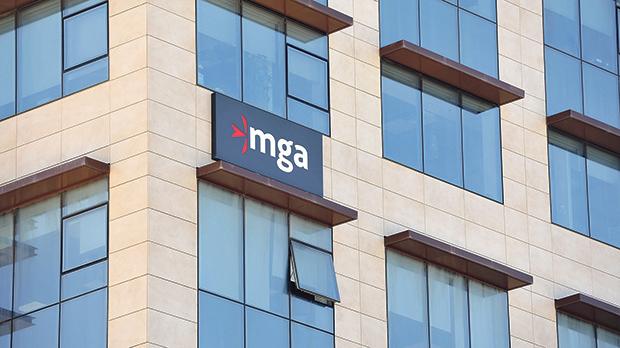A new survey by the UK Gambling Commission has found that one in 10 of those aged between 16 and 17 have spent more money than intended because of gambling advertisements.
The survey, consulting 962 people aged between 16 and 25, asked respondents about their habits with gambling and ‘gambling-style games’, such as claw machines at arcades and bets with peers.
Of the 267 16-17 year-olds surveyed, 41 per cent reported seeing “lots” of gambling advertisements and 32 per cent said they thought gambling businesses usually advertise more than other businesses.
Advertising was not cited as the most influential factor persuading them to gamble, however. Rather, it seems encouragement from “friends” was the most important.
The survey classified respondents on the problem gambling severity index, to determine statements that had the highest risk of being related to gambling harm.
Additionally, the survey suggested that family members can have a major influence on gambling activities, with a correlation shown between statements given about family gambling and those at higher levels of risk related to problem gambling.
On the other hand, statements about family members forbidding gambling or being strongly against it did not correlate with a reduction in problem gambling risk categorisation.
The survey also asked young people about which games they had played when underage, to which 34 per cent said they had played scratchcards before reaching the age of 16, whereas 16 per cent had played National lottery draws.
A significantly lower proportion reported having engaged in underage online bingo, sports betting, or online slots, at nine per cent each.
Of the 962 young people surveyed, 644 were classed as gamblers.
Continue Reading
2025 Risk Evaluation Questionnaire for Malta-based iGaming companies
Gaming operators are required to submit their completed REQs by 10th April 2025
FinXP strengthens leadership team with new CTO and CCPO to drive growth and innovation
Together, their vast industry experience is set to enhance FinXP’s offerings and customer value
Malta’s GiG expands UK presence with Betzone online platform launch
This marks GiG’s second UK launch of 2025, reinforcing its growth strategy in one of Europe’s largest regulated betting markets
Maltese Court refuses to enforce judgement to refund gambling losses in landmark decision
The decision will impact numerous cases filed in the Courts of Malta against the gaming industry, said WH Partners Senior Associated Jonathan Muscat










